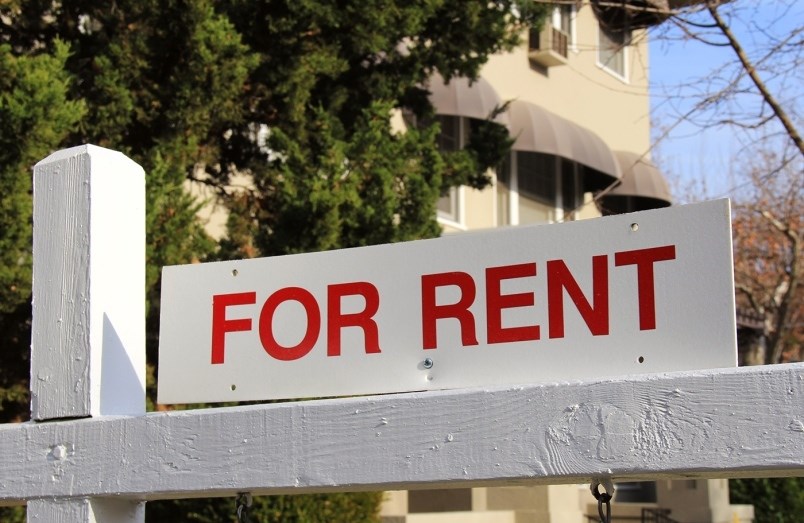The province has extended its up to $500 temporary rent supplement until the end of August, while extending its moratorium on rent hikes and evictions for non-payment of rent.
The announcement, which came in a press release from Coquitlam-Mallairdville MLA and Minister of Municipal Affairs and Housing Selina Robinson, comes as the province moves towards phase 3 in its reopening plan next week.
"As we move forward with carefully restarting the economy and look to a new normal, we are taking a similarly phased approach to rental housing," said Robinson in a written statement.
"We're recognizing that there are situations where it is safe and reasonable to return to normal processes, but we're also continuing to protect people who have lost income because of the pandemic from losing their homes."
HOW IT WORKS
Those who have already applied to the rent subsidy will receive an email asking them to confirm their plans to remain at the same address until at least the end of August. British Columbians who haven’t applied can still do so within that window and, if approved, will be eligible for the month they apply and all those remaining.
Offered through B.C. Housing, the supplement provides $300 per month for eligible households with no dependents and $500 per month for eligible households with dependents.
To receive the rental supplement, you must be:
- receiving or eligible for Employment Insurance, the Canada Emergency Response Benefit or experiencing a 25% reduction in monthly employment income as a result of COVID-19;
- 2019 household income of less than $74,150 for households with no dependents and $113,040 for households with dependents;
- paying more than 30% of current/reduced gross monthly income towards rent; and
- not receiving any other rent subsidy from any level of government, including subsidized housing or rent supplements, such as Shelter Aid for Elderly Renters (SAFER) or the Rental Assistance Program (RAP).
SOME LANDLORD POWERS RETURNED
As part of the new measures, the moratorium on evictions due to not paying rent — in effect since March 30 — will remain in place, though the prohibition on evictions for any other reasons will be lifted.
Those evictions include the case of when a landlord or new owner wants to move in themselves, when a tenant puts a landlord or other tenants at risk or when a tenant sublets their home without permission. An eviction notice must be provided by the landlord one to four months in advance, depending on the circumstances.
Tenants who have missed rent payments to their landlord due to financial hardship will be expected to repay that money through a new government framework, the details of which have not yet been released.
The new order will also allow landlords to show units to perspective tenants and access the unit to carry out repairs, with appropriate notice. And while those activities had been suspended to reduce contact between people at the height of COVID-19 active caseloads in the province, the opening up of those activities still means landlords, tenants and prospective tenants should exercise physical distancing and, if possible, wear masks.
Landlords are still permitted to set restrictions in shared spaces like elevators, laundry rooms and gyms.
— with files from Diane Strandberg



